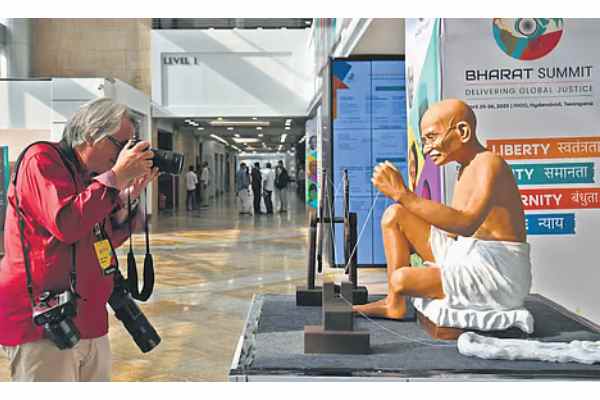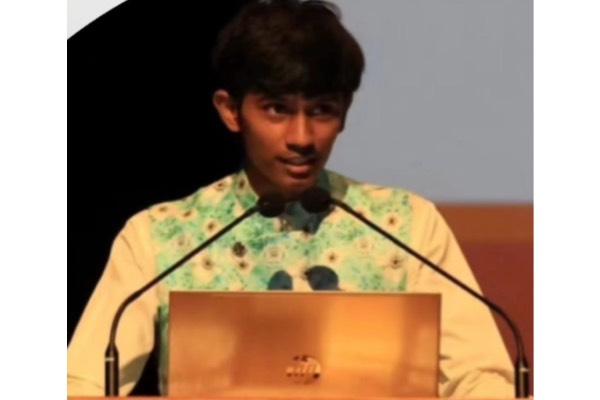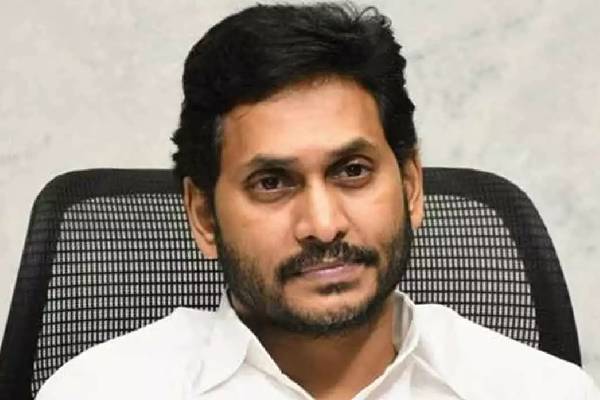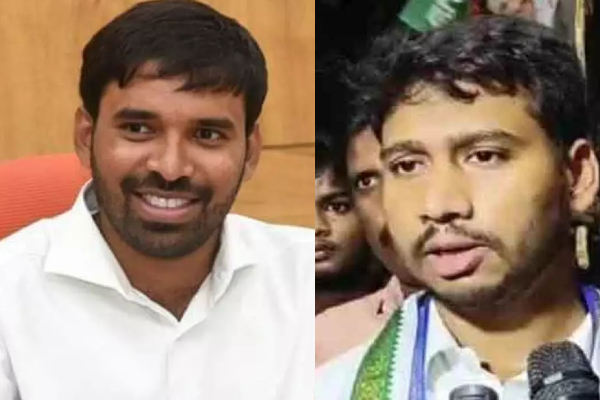In recent months, Andhra Pradesh has witnessed a peculiar trend: the arrests of sons of prominent YSRCP (Yuvajana Sramika Rythu Congress Party) leaders. This development has raised eyebrows and sparked discussions about the state’s political dynamics and the alleged involvement of political families in various irregularities.
During the YSRCP’s tenure, accusations of “vendetta politics” were rampant, with claims of false cases being registered against TDP (Telugu Desam Party) leaders. However, the tables seem to have turned, and now it’s the offspring of YSRCP leaders who find themselves in legal trouble.
Two high-profile cases have caught public attention:
1. Chevireddy Mohith Reddy: Son of a YSRCP leader, Mohith was arrested in connection with an alleged attack on Puluvarthi Nani at Mahila University Campus during elections. Though released shortly after, the incident raised questions about political interference in law enforcement.
Read Also : Former minister Jogi Ramesh’s son arrested in AgirGold scam
2. Jogi Rajeev: Son of former minister Jogi Ramesh, Rajeev is implicated in the Agri Gold land scam. Accusations include land purchase irregularities and document fabrication. Rajeev has been named as the primary accused (A1) in the case.
Both Mohith and Rajeev share similarities: they completed their education abroad, returned to India, and were quickly appointed as YSRCP youth in-charge for their respective districts after the party came to power.
The arrests of these young politicians have led to speculation about the extent of irregularities that may have occurred during the YSRCP government’s tenure. Critics argue that if the current administration were truly engaging in retaliatory politics, they would target the senior leaders rather than their sons.
This situation has brought to light several other alleged scams associated with the previous government:
– Vizag land scam
– TDR (Transferable Development Rights) scam
– AP housing scheme scam (allegedly worth Rs 35,141 crore)
– Liquor scam
As the legal proceedings unfold, the people of Andhra Pradesh are left wondering about the true nature of these cases. Are they a result of genuine investigations into wrongdoing, or do they represent a new chapter in the state’s complex political narrative?
Whatever the outcome, these events underscore the need for transparency, accountability, and a thorough examination of the roles played by political families in the state’s governance.
-Sanyogita

































